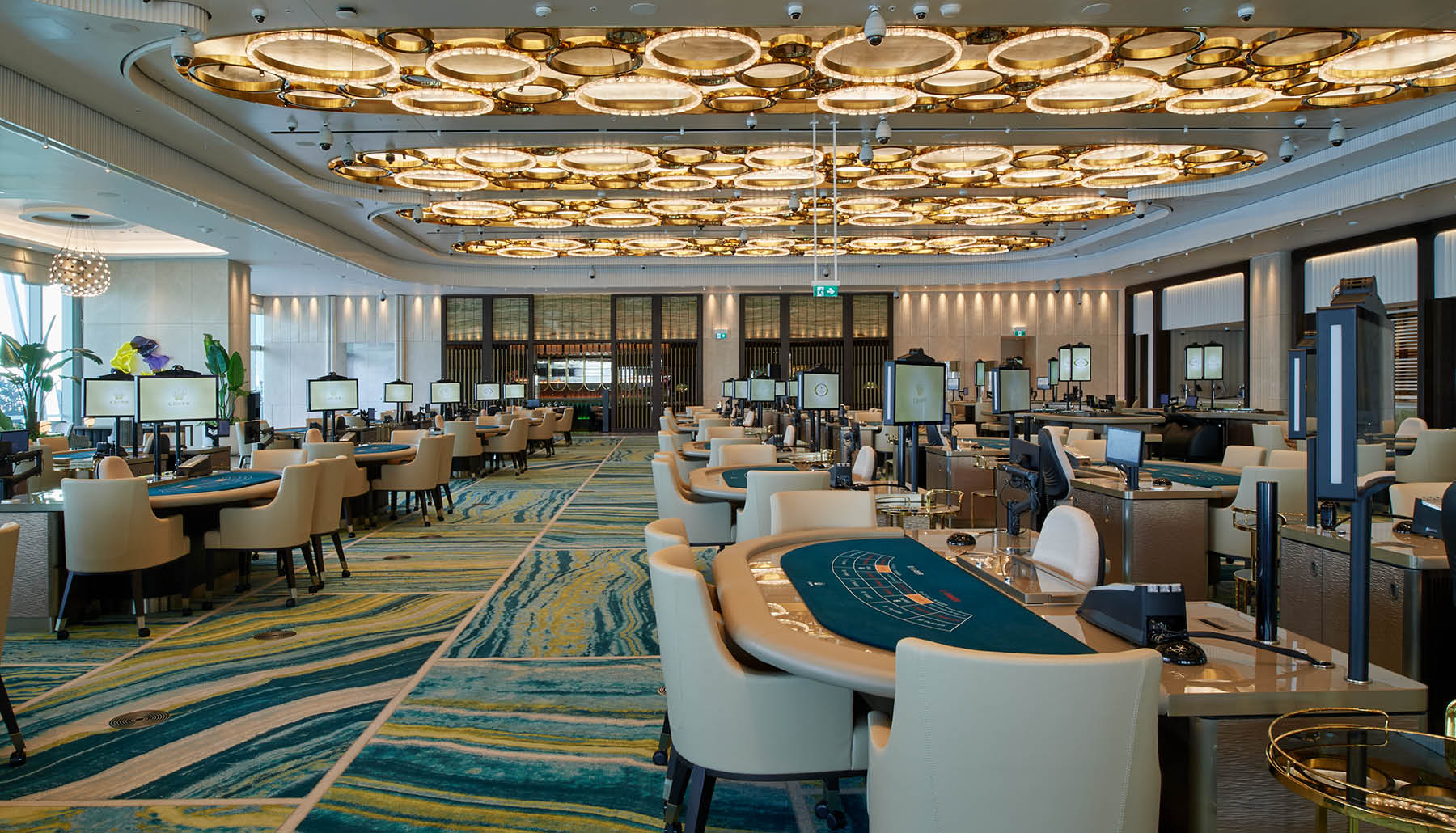Casino entertainment have long been a captivating form of entertainment, drawing numerous of players from varied cultures around the globe. From the glitzy casinos of the Strip to the thriving gambling halls of the Cotai Strip, these games serve as a link that unites people across different backgrounds. The allure of fortune, strategy, and uncertainty entices not only those looking to strike it rich but also those seeking a shared experience.
The significance of casino games extends far beyond the gaming floor. They often represent the values and principles of the cultures in which they thrive. Games such as poker, 21, and roulette have integrated into the tapestry of popular culture, influencing various aspects from cinema to fashion. As we explore this fascinating intersection of luck and culture, we can comprehend better how casino games shape and are shaped by the environment surrounding us.
Historical Evolution of Gaming Activities
The roots of gambling games can be followed back to old civilizations, where gambling in different forms was extensively practiced. In the East, around 2300 BC, a form of lottery known as Keno was well-known, while in old the Roman Empire, soldiers would frequently wager on the results of their contests. The concept of using chance for entertainment and gain progressed over the ages, leading to the formation of more organized games. truc tiep keo nha cai By the final Middle Ages, gambling houses started to surface in European nations, particularly in Italy, which presented early incarnations of popular games still practiced today.
As betting expanded popularity in Europe, the 17th and 18th centuries saw the appearance of gaming houses as dedicated establishments for gambling. The first official casino, the Ridotto, was established in Venice in the year 1638, featuring activities like the game of Baccarat and Faro. This era marked a significant turning point, as casinos started to welcome not just the high society but also the burgeoning middle-income class. The refinement of activities grew, leading to the development of new regulations and variations that enhanced the experience of players.
In the 19th century, the era of industrialization and transformations in societal norms also altered the landscape of gambling activities. The launch of roulette and contemporary one-armed bandits pulled in a more diverse crowd, and gambling establishments became seen as legitimate forms of fun. This time witnessed the worldwide proliferation of gaming, as gambling houses spread from European nations to the New World, culminating in the establishment of the legendary Strip of Las Vegas in the 20th century. The development of casino games has persisted into the current era, integrating modern technology and digital platforms, allowing them open to a worldwide population.

### Cultural Importance across Diverse Communities
Gambling games have deep-rooted cultural value within many communities throughout the globe. Places like Las Vegas, the very fabric of the urban landscape is woven around gambling establishments, where gaming is not just a hobby but a central aspect of social engagement and community life. The vivid lights and vibrant atmosphere attract countless individuals, showcasing how games of chance can influence local financial landscapes and cultural identities. This setting transforms the notion of relaxation into an engaging encounter that influences apparel, melodies, and even cinema.
Conversely, some communities approach betting with more caution, viewing it through the lens of morality and heritage. For example, in numerous Asian cultures, games like Mahjongg and Pai Gow Gambling are full of history and possess significant social implications. These games are often played during gatherings and occasions, fostering community bonds and strengthening familial ties. The act of playing these games goes past mere amusement, reflecting values such as respect for elders and the significance of collective enjoyment.
Meanwhile, in European countries such as Monte Carlo and Italy, gambling activities serve as symbols of opulence and refinement. The refined atmosphere of these establishments attracts both tourists and locals, reinforcing a sense of prestige and rarity. The art of the game of poker and the tactical components of games like baccarat are appreciated, influencing community relationships and establishing an allure that captivates a diverse audience. This emphasizes how games of chance can concurrently mirror and shape cultural perspectives towards risk, gain, and relationship building.
Financial Influence and Travel Industry
Gambling activities play a crucial role in the financial context of many areas, particularly those that rely heavily on tourism. The revenue produced from gambling establishments fuels local financial systems, creating employment opportunities not only within the casinos but also but also in connected industries such as hotel management, dining, and recreation. This influx of tourists, drawn by the allure of games and the overall casino experience, stimulates spending across multiple local enterprises, contributing to the economic health of the area.
The existence of casinos often leads to the construction of infrastructure, including hotels, transportation systems, and leisure amenities. These developments are essential in improving the overall tourist experience, making destinations more appealing to visitors. Additionally, many casinos invest in local communities through sponsorship of events and charitable initiatives, further embedding themselves into the social fabric of the region. Such investment not only supports economic growth but also cultivates a positive image of the casino industry.
Furthermore, the worldwide appeal of casino games drives tourism competition, with regions vying to attract players from across the globe. Iconic locations like Las Vegas and Macau have become synonymous with gambling culture, drawing millions annually. This advantage encourages creativity and variety within the gambling sector, influencing trends in entertainment and accommodation that resonate beyond their borders. The ripple effects of this visitor influx extend far, impacting local financial health and cultural exchanges on a worldwide scale.
